Tech
-
 Tech
TechCool Jobs: Bringing you summer thrills
Fireworks and ride designers combine math and science to engineer some frightfully good summer fun.
By Gerri Miller -
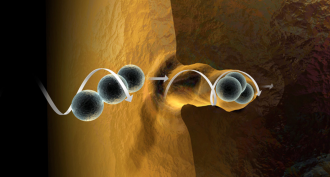 Tech
TechTherapeutic robots may soon swim within the body
Scientists are designing tiny robots that may one day do work inside the human body.
-
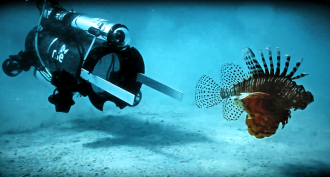 Tech
TechUnderwater robot vacuums up lionfish
Lionfish damage coral reefs in the Atlantic Ocean. A new underwater robot hunts, stuns and captures the bullies with help from a human operator.
-
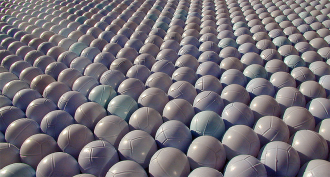 Tech
TechMaybe ‘shade balls’ should not be balls
So-called shade balls have a range of uses in water reservoirs, from cutting evaporation to reducing the growth of algae. But the best performers might not actually be balls, a Florida teen now shows.
By Sid Perkins -
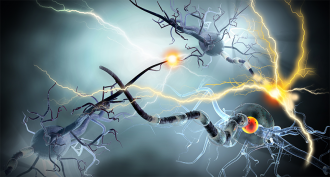 Brain
BrainWhen is an epileptic seizure about to strike?
Two high-school research projects suggest ways to identify early warnings of a coming epileptic seizure. This might give people time to free themselves from potentially dangerous activities.
By Sid Perkins -
 Tech
TechNeedle-free blood typing may be on the way
A teen in Kuwait presents data suggesting how, one day, it may be possible to figure out your blood type just by shining infrared light into your skin.
By Sid Perkins -
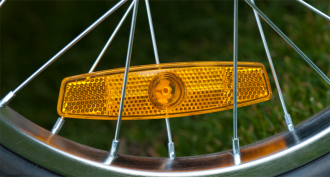 Tech
TechTeen’s invention could help light up bikes at night
A teen researcher from Georgia has developed a light that could replace reflectors on bike wheels. Flexing tires provide all the power it needs.
By Sid Perkins -
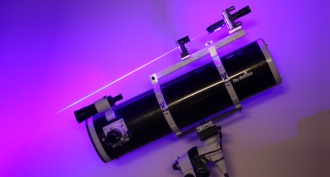 Tech
TechTweaked germs glow to pinpoint buried landmines
Finding landmines could become much safer with a new technology. It uses genetically modified bacteria that glow under laser light.
By Dinsa Sachan -
 Tech
TechTeens garner some $4 million in prizes at 2017 Intel ISEF
Hundreds of teens collectively took home about $4 million in awards from the Intel International Science and Engineering Fair this week.
By Sid Perkins -
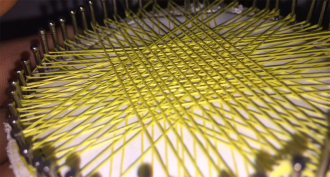 Tech
TechA better way to stop a bullet?
A teen researcher's tests suggest that fabric body armor might stop bullets better if it were woven using a three-fiber, triangular mesh instead of the typical two-fiber-mesh configuration.
By Sid Perkins -
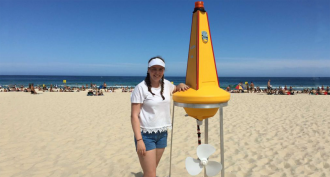 Tech
TechTeen’s invention can warn of deadly rip currents
A teen lifeguard from Australia has invented a buoy that can alert swimmers to the strong, swift and deadly rip currents that can sweep them dangerously far offshore.
By Sid Perkins -
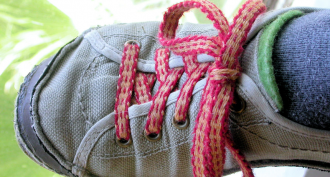 Physics
PhysicsWhy your shoelaces untie themselves
High-speed video shows how the combined motions of a shoe’s swinging and landing on the ground provoke shoelaces to come untied.